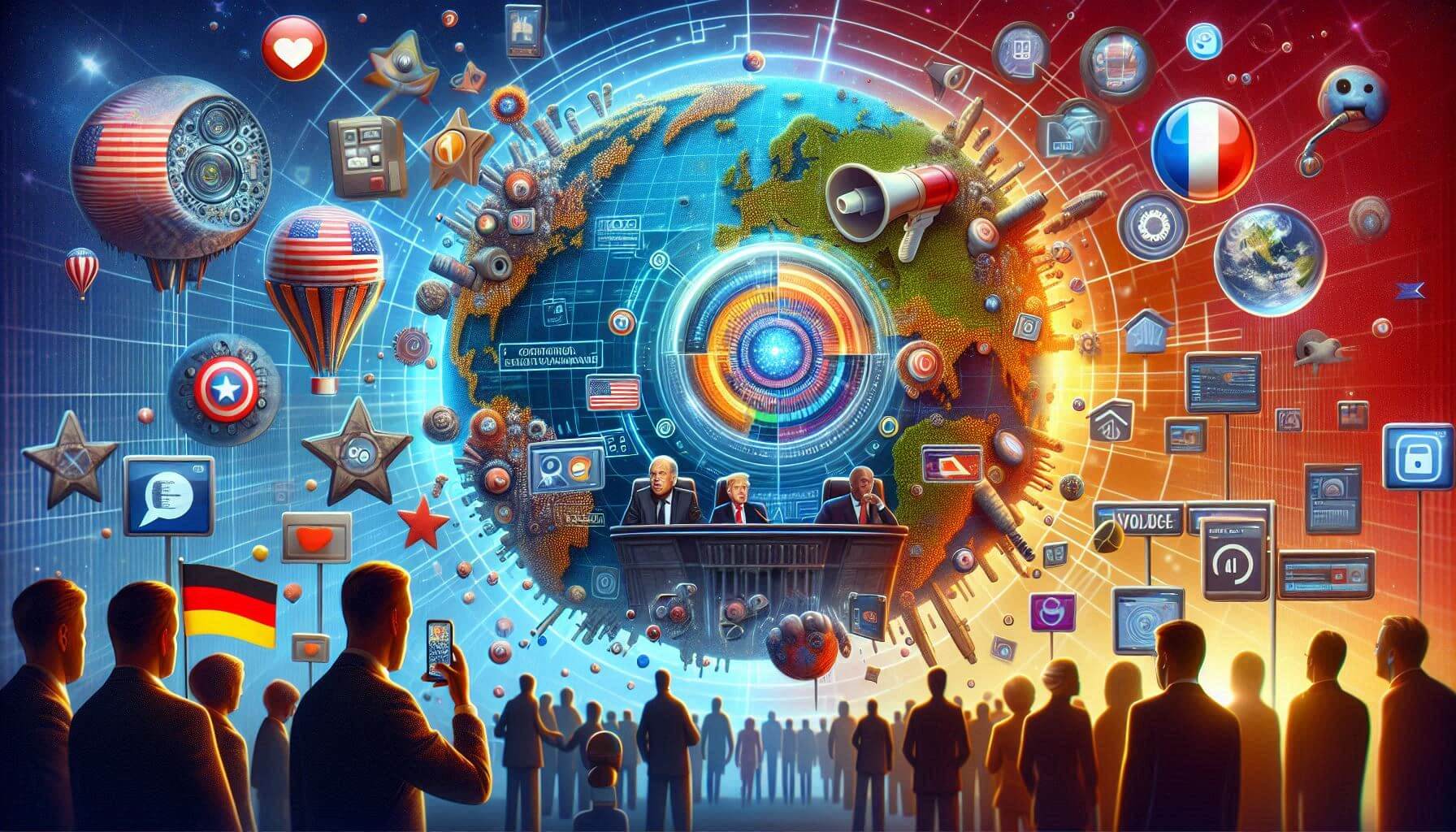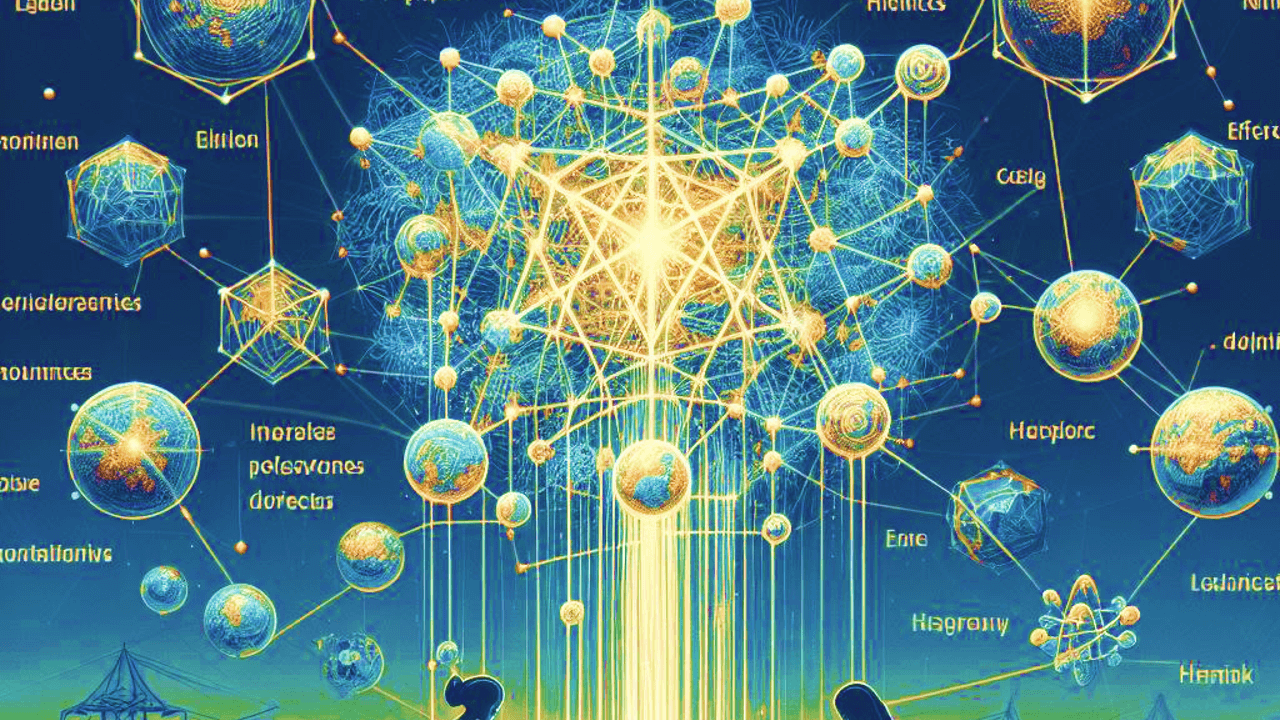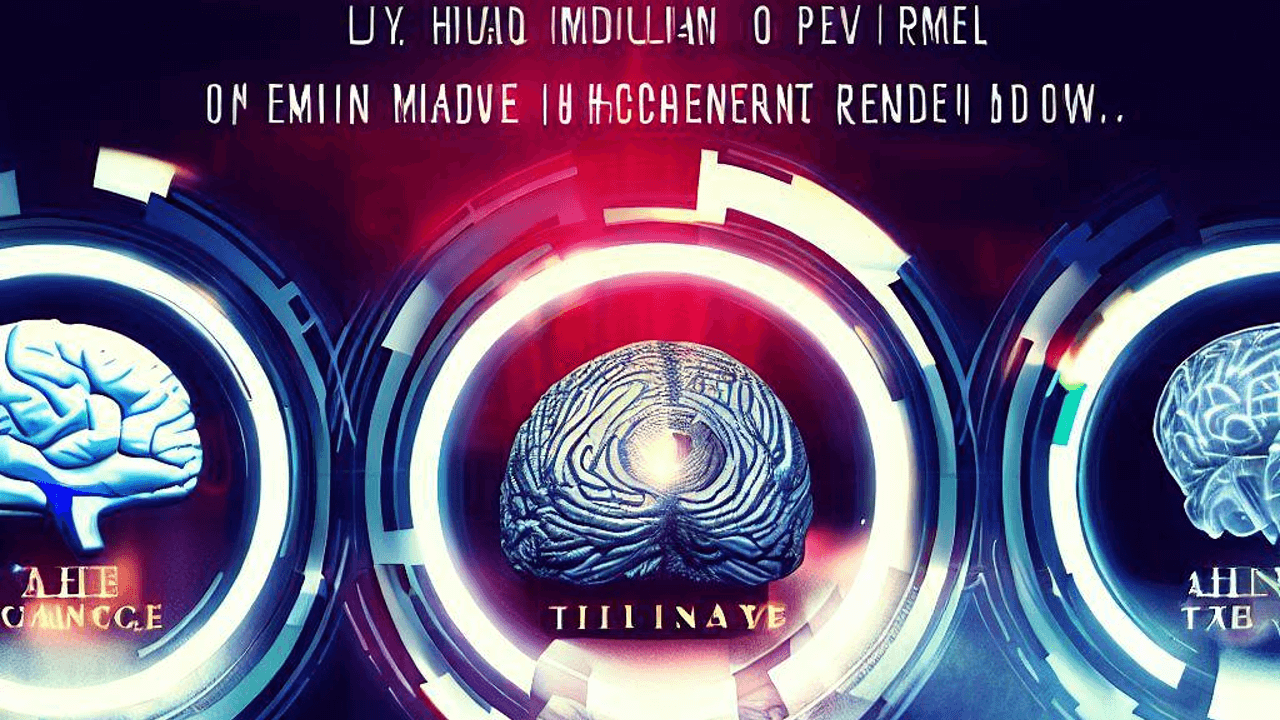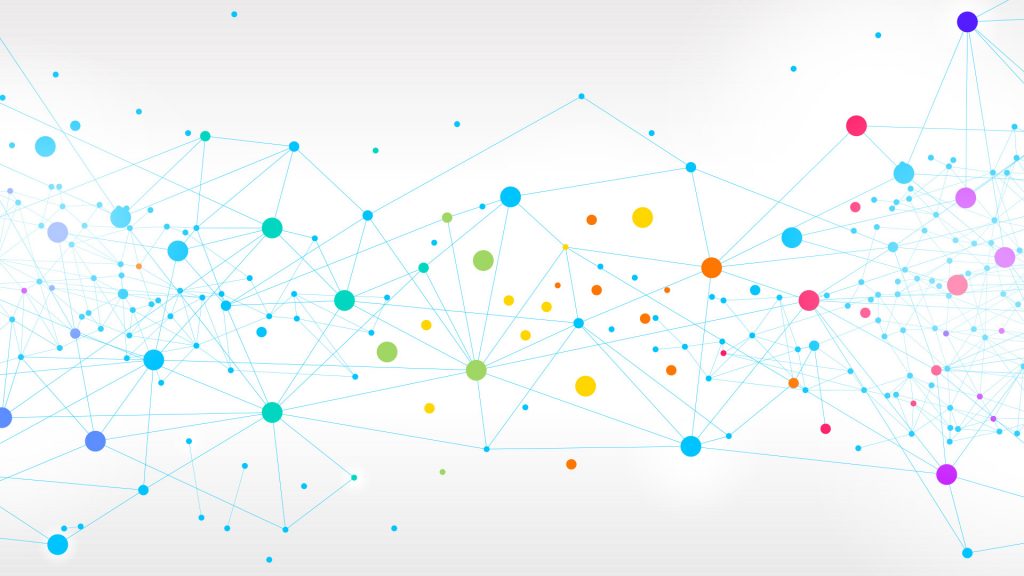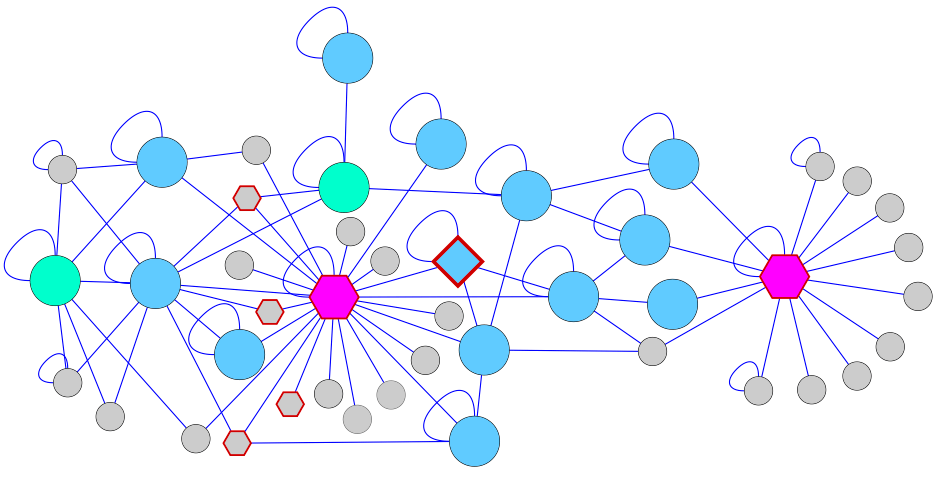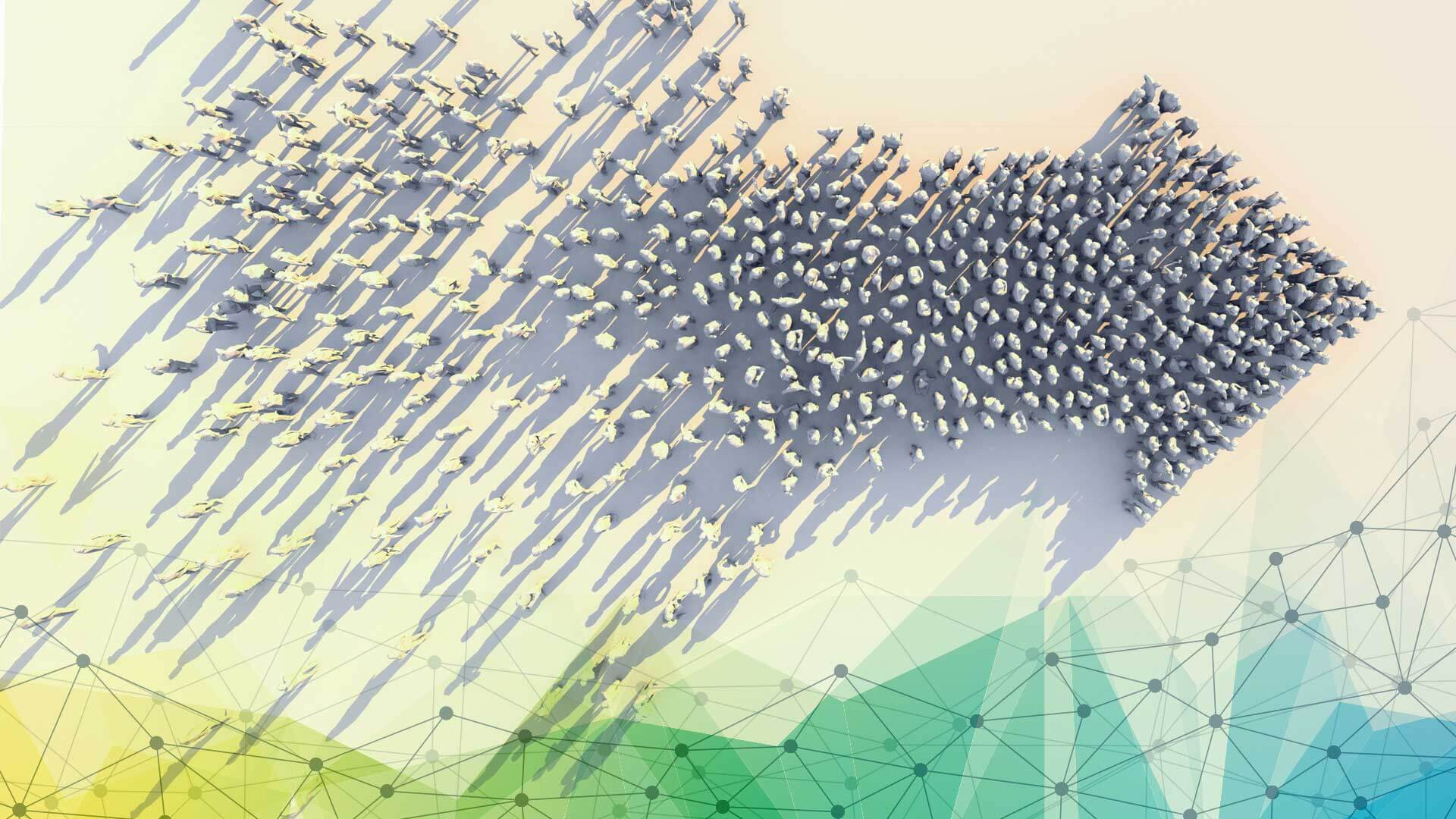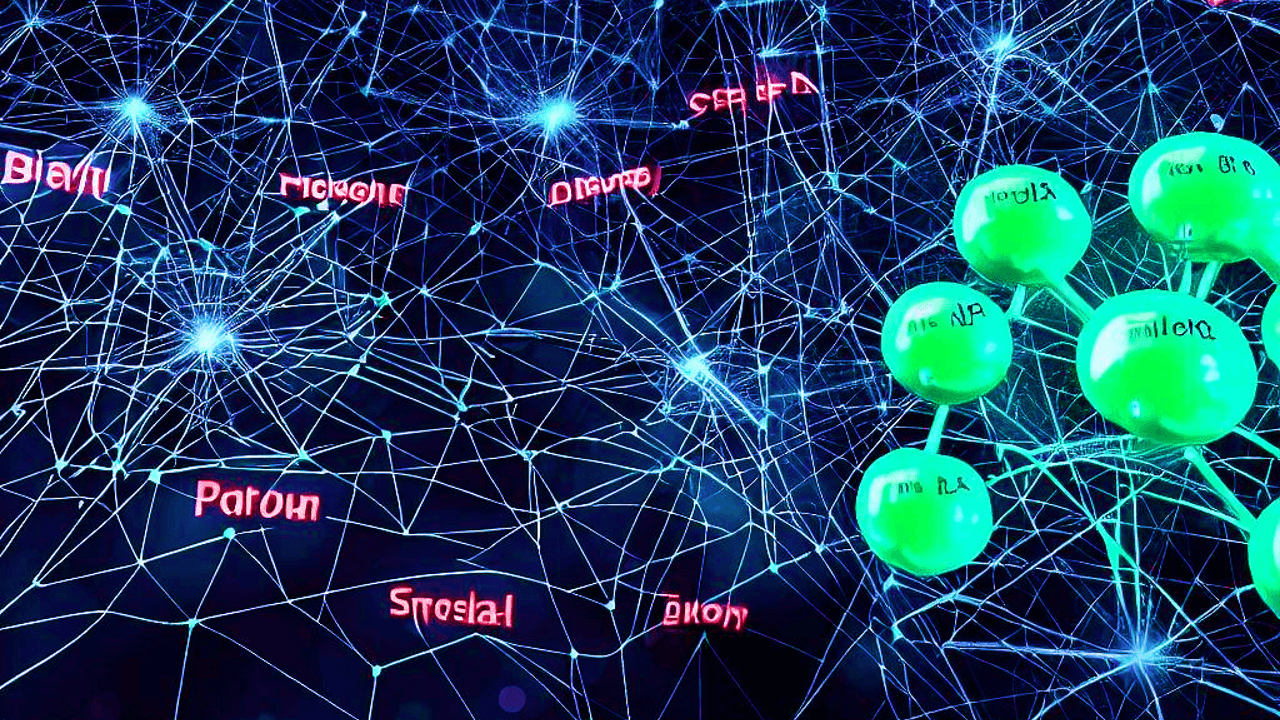The world’s economy and society is starting to enter an era of INFORMATICITY, which is based upon the provision, servicing, using and billing of information services just in the same way we are used to generate, distribute, consume and pay for electricity. This is the reason for the “icity” over there in “informaticity” (informatics + icity), denoting information services as a “flow”: not as installed software in the company’s or person’s hardware infrastructure or even as software itself, when provided as services.
The infrastructure and means to provide such “information services as flows” is growing very fast and, at the same time, is disappearing in the background, as well as our perception of it, much in the same way electricity has disappeared in the course of dozens of years of evolution. In fact, we only notice that there is a whole complex of systems providing electricity to us when it fails somehow. And this, for the economy and society’s infrastructure at large, is how it should be. It would take us nowhere to depend upon shaky bases.
The same effect is starting to happen in the information economy, with consequences that might be even greater than those of electricity-as-a-service: information as a flow (or service) can be both generated and consumed globally, because the cost and loss of exchanging bits over very long distances is orders of magnitude smaller than that of moving electrons from source to sink over the same distances. This is giving rise to a number of global information services like those provided by Google and Salesforce, that are starting to have the characteristics of informaticity. In a number of cases that will be generalized over the next few years, they are starting to take over part of the roles of legacy corporate IT systems and software, as well as substituting the software boxes of old that used to serve as our personal information systems. Not only that, but they are also the information repositories of choice that we all use, more and more, day by day.
This represents a major change in hardware and software markets and, the more connected to the global information infrastructure is a given peripheral geography, the greater the challenge its small IT companies, in all sectors, will face from the global informaticity services. For many tiny IT companies that have survived so far providing hardware and software expertise do local and small businesses, it might be the end of the story. Even more so because of the diseconomies of scale of peripheral software markets, where it is nearly always the case that a very large number of companies develop (from scratch, usually) and provide (for a small geography and market) more or less the same few commodity information systems that will be made redundant as soon as that market scales (through mergers, acquisitions and the influx of foreign companies) and/or global information service providers reach such area and companies.
Copycat, commodity, me too software is being globalized by a few informaticity providers and we will most probably find a very large proportion of its current –legacy- providers out of the market soon. This is starting to happen now and is, on one side, good news for most users and small companies, both of which can benefit from world-class solutions at a smaller (sometimes zero) cost. On the other side, what should the software companies that are being, in a sense “globalized” do?…
The answer seems pretty obvious: they should look for sustainable competitive advantages. In the software and information services sector, where does that come from?… From the search for original, complex, “grand” algorithms and their implementation and deployment as global services, just like the aforementioned companies are doing. Google and Salesforce (as well as Facebook, Twitter, and parts of Apple, Amazon and Microsoft) are what we could call algorithm-based companies. Of course, most companies depend upon software to deliver most –if not all- of its goods and services these days, from aircraft manufacturers to the local bakery. But some depend much more than others, which is the case of the information and software companies just mentioned. And competing against information service companies which are algorithmically strong and centered is not just a matter of writing and serving a “similar” information system. For this is not an easy endeavor, as big would be competitors have discovered while trying to write a family of algorithms to match Google in search. And Google, as many others, has discovered that it is equally difficult to do the same for the “social” class of algorithms that is the core of Facebook.
Both Google and Facebook (and many other companies, of course) have their algorithm bases very well covered. They might still fail for other reasons, but not because someone (say Apple) would just start using their pile of cash to fund the creation of a copycat service. There is so much in terms of fundamental algorithms and solid software engineering behind –say- Google that most people that have the means for the effort of competing against it are currently investing their dimes and billions in trying to find the next generation of algorithms for its market. And no doubt they will, especially if Google decides to use most –if not all- of its own cash just to protect its current market, as most successful companies do (and die just because of that).
And so… if you are thinking of a starting a software (or software-intensive) business, what should you do? Whether you are a team of two or ten, funded by tens of thousands or many millions, think twice before deciding to write just another information system of the sort that so many did trying to copy (what was then seen as) the success of Groupon. It is very unlikely that just another implementation of a commodity information system (JAICIS…) would be the basis for a startup that has any hope of having sustainable competitive advantages over the competition. Especially over those which are treating the algorithm core of their new business with care.
In countries like Brazil, due to factors like population, information market size, educational and scientific competencies and the emerging availability of venture capital, we can aim even higher than just asking for our startups to develop an algorithmic core that is competitive in their market. We could try to discover truly grand algorithms for serving the global informaticity market, targeting the chance of creating platforms and services that would compete not for millions but for tens, hundreds of millions of users. This is where the search for GRAAL –the grand algorithms- could lead us: to solve the problems of a sizeable percentage of a given global market and, by doing so, reap the returns while helping to balance the global emerging informaticity market, currently dominated by US providers.














